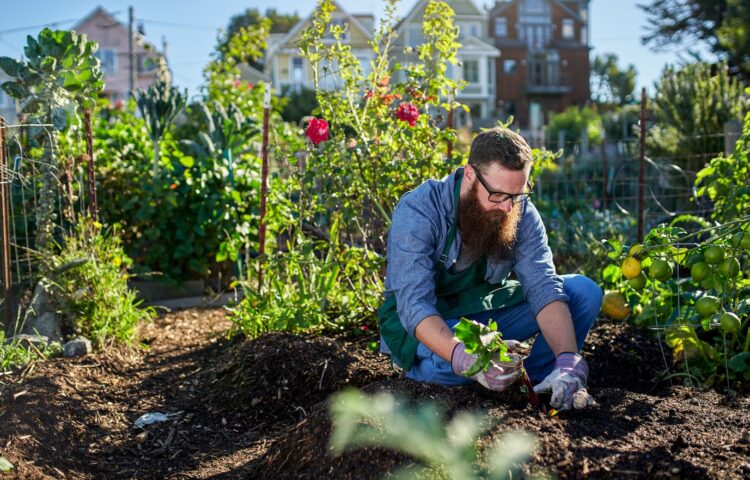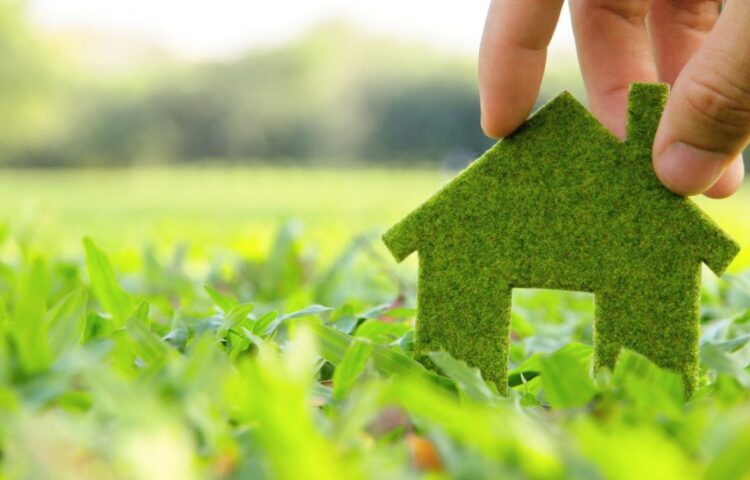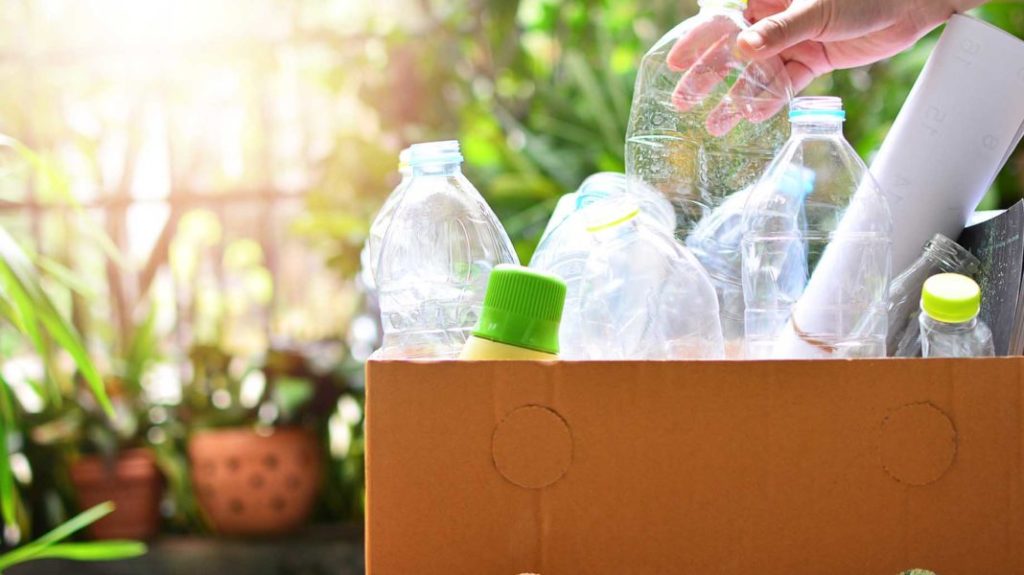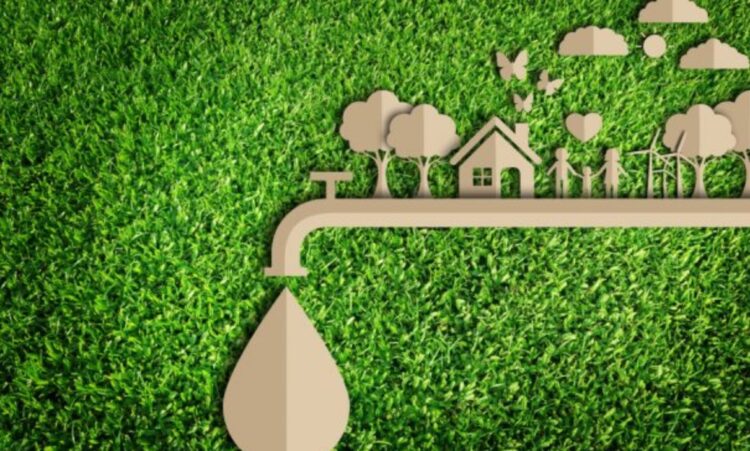
The discussion of how to live sustainably has started coining in on us. The need to consume mindfully to preserve for our future generations is the main focus.
Moreover, everything we do in our daily errands has an impact on the planet. Some of the lifestyle activities under review include the cars we drive, our diet, the energy sources we use in our homes and offices, and the products we purchase for our daily use.
However, this discussion should not make us start consuming vegetables only or ride bicycles to work. Instead, it would be best if you considered consuming less fatty and meaty products.
While it always keeps in mind that although these actions and activities seem to be minute, they have a significant impact on environmental preservation in the long run. Let us discuss the meaning of sustainable living, how to live sustainably, and the importance.

What does Sustainable Living Mean?
Sustainable living involves individuals attempting to reduce pressure on Earth’s natural resources to protect it. The quest to live sustainably consists of putting the measure into your daily activities to impact the planet significantly.
Additionally, while keeping tabs with tour activities, we can also attempt to replace the resources we consume.
The Importance of Living Sustainable
Research shows that due to increased human activities, the rate of resource production using energy has tripled. The causal effect is the exponential creation of wastes.
This process has led to massive environmental issues such as climatic changes and pollution, which harm humans, wildlife, and the environment.

Ways to Live a Sustainable Lifestyle
Below are some of the tips to follow in your quest to live a sustainable lifestyle.
1. Purchase of Reusable Products
Products such as plastics, which are single use upon disposing, end up in water bodies and littering landscapes. Once they land in the ocean, they cause devastating effects on the aquatic environment.
Moreover, these products are not biodegradable. Once they are buried deep in the ground, the casual result is destroying essential soil nutrients. Experts recommend the use of eco friendly products that are recyclable.
2. Use of Energy Savers
Currently, the topic of discussion in all climatic conservation forums is energy conservation. Our responsibility is to participate either directly or indirectly in activities geared towards reducing the usage of less energy to control carbon emissions.
These activities or habits include turning down our heaters when not in use, hanging your clothes in the sun to dry instead of using a drier, switching off lights when not in use, and turning off standby appliances when not in use.

3. Donation of Items not in Use
In the process of waste generation and measures to mitigate its donation is among the best alternatives.
You can donate those clothing pieces that you no longer wear to a charity home or a needy society member. Furthermore, you can give out furniture and other office or home appliances to recycling centers instead of disposing of them.
4. Recycle and Reuse of Items
Do it yourself (DIY) home improvement activities are best done by recycling old and unused items, thus giving your home a facelift. Grab some tools and start a new, fun activity for the whole family.
Always put your rubbish in appropriate bins which have been earmarked. Nevertheless, before binning things, make sure they have been recycled as much as possible.

5. Go Paperless
In our bid to reduce cutting down of trees to manufacture paper, use mailing to receive letters and reports. Moreover, for our purchases, to avoid printing the receipt, ask the attendant to send it via email.
Alternatively, maximize the use of photographs to capture information that previously was printed. Currently, 45% of the world’s population owns a smartphone to take excellent and clear pictures, reducing printing by capturing picture form information.
6. Grow and Consume your Produce
Growing and consuming your vegetables and fruits aids in less usage of pesticides and other chemicals that cause air and water pollution.
Moreover, this idea has a ripple effect on reducing the usage of fossil fuels used in the transportation of these fam products to the market.

7. Use of Renewable Energy in our Homes and Workplaces
Light-emitting diode (LED) lighting bulbs as an alternative to incandescent lighting helps conserve energy. Moreover, we ought to consider powering our homes with renewable energy such as solar to reduce carbon emissions.
Currently, car manufacturers are burning the midnight candle to produce electric cars that will replace diesel-fueled vehicles. Why not replace your diesel-powered vehicle with an electric vehicle?
8. Save Water
Saving water can be achieved by turning off and repairing leaking taps. Alternatively, you can install a water recycling machine to put your use to maximum usage. Moreover, to avoid wastage of drinking water, make use of greywater.

9. Ensuring your Bulk Shopping have Massive Environmental Benefits
Big purchases for home appliances such as dishwashers, refrigerators, or driers ensure they have been certified with an Energy Star label.
Moreover, you can cut off the money used on gas and reduce your carbon emission footprint by purchasing electric cars. Additionally, buy products that are recyclable or biodegradable upon disposal.
10. Preparation of Home-Made Meals as Opposed to Take-Away
During our outings or picnics, carrying home-cooked meals helps you cut on unnecessary costs of buying takeaways. Moreover, to avoid food poisoning or allergic reactions from taking away, home-cooked meals are the best option.

11. Reduced Consumption of Beef Products
Research shows that the production of meat is among the leading contributors to climatic changes. Moreover, it causes pollution in waterways and landscapes. You would probably be wondering how?
While digesting grasses and plants, cows and other ruminant animals emit methane, which is a potent greenhouse gas. As you move down the food chain, the effect is passed on; thus, fewer beef products consume to control Earth’s impact.
The discussion on sustainable living is far much broader than explained in the above points. For us to attain the recommended levels, the mandate starts with individual habits and lifestyles.
Moreover, to live sustainably is attainable by making small positive strides in our daily errands. The use of eco-friendly products reduces the release of harmful chemicals and substances into the environment. Choose today to live a sustainable life and have a better tomorrow!











